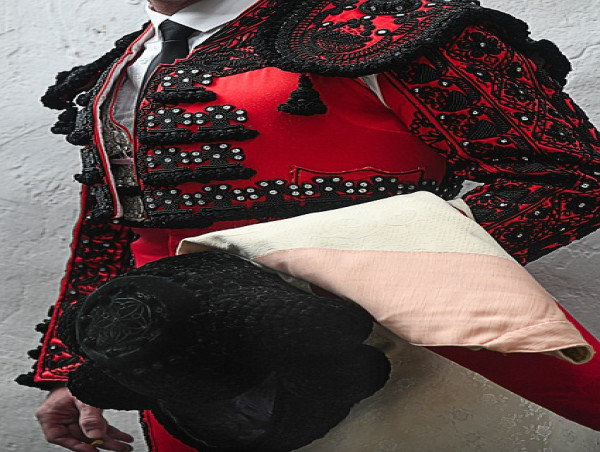Despite the controversy, like every year, bullfights begin in Madrid in March
MADRID, SPAIN, January 10, 2024 /EINPresswire.com/ -- With the 21st century well underway, the discussion surrounding the ethics of bullfighting is alive and well in Madrid. Long revered as a Spanish tradition, the sport has become a source of controversy and debate. Some argue that bullfighting is a celebration of culture and heritage, while others see it as nothing more than cruelty and torture. In this article, we will take a look at these contrasting views and explore the implications of bullfighting in the modern era.What is bullfighting?
Bullfighting is a traditional Spanish sport in which a matador engages in a contest with an adult bull. The contest takes place in the arena, or plaza de toros, and typically lasts anywhere from 20 minutes to an hour. The objective of the matador is to overpower the bull and demonstrate his skills as a fighter.
In order for a bullfight to take place, six bulls must first be selected from a ranch. These bulls are then transported to the plaza de toros, where they are subjected to a process called "casting." This process involves baiting and testing the bulls until six ideal candidates are chosen. The selected bulls are then pitted against a single matador in the main event.
The Controversy
The controversy surrounding bullfighting stems from the treatment of the bull during the ring. Critics claim that bulls are mistreated and subject to unnecessary suffering during the fight. Additionally, many argue that the blood sport is an outdated form of entertainment and has no place in the 21st century.
On the other hand, proponents of bullfighting point to its long-standing cultural significance and the importance of preserving tradition. Many Spaniards view the matador's struggle with the bull as a symbolic representation of the human experience. They argue that the sport is an integral part of the Spanish heritage and should be celebrated as such.
The Legal Status of Bullfighting
While bullfighting remains a cherished Spanish tradition, laws surrounding the sport have varied greatly in recent years. In 2010, the Catalonian parliament voted to ban bullfighting in the region, marking the first major move toward outlawing the practice. However, the decision was overturned in 2016 by the Spanish Constitutional Court, allowing bullfighting to continue in the area.
In terms of national law, the Spanish government has taken measures to limit the practice of bullfighting, requiring stricter regulations for the treatment of the bulls. These regulations now include provisions for the proper housing and transportation of the animals, as well as the use of drugs to reduce suffering.
Implications of Bullfighting in the 21st Century
The ongoing debate around the ethics of bullfighting remains relevant in a world that is increasingly more mindful of animal rights. The opposition to bullfighting reflects a broader trend towards greater consideration of the treatment of animals, as well as the rejection of outdated traditions. On the other hand, the heated debate also serves to highlight the importance of respecting a nation’s cultural heritage.
As contemporary debates on the ethics of bullfighting continue, participants on both sides will need to remain open and willing to listen to the opposing view. In a world that is as diverse as our own, it is important that we respect differing opinions and work toward finding a middle ground. Bullfighting may have been around for centuries, but it is a new millennium, and it’s time to consider the moral implications of this tradition. It is crucial that we work to ensure that the tradition does not come at the expense of its bulls.
Bullfighting in 21st century Madrid is a subject of considerable debate, with some arguing that the practice is an integral part of Spanish culture, while others claim that it is a form of torture. As we move further into the modern era, it is important that we continue to engage in a respectful discussion about the ethics of bullfighting and its implications for the wider world. In a world that is as diverse as our own, we must remain open to the perspectives of others and work towards finding a compromise on this controversial issue.
Jesús Pérez Serna
Madrid Bullfighting
email us here






